Dialectics is the implicit method of Upanishadic literature. It is also used as a critique for yielding a superior understanding in works like the Bhagavad Gita and the Yoga-Vasistha. In the West, dialectical methodical originated around the fifth century BCE, and has been used in varying ways by classical thinkers, later Christian theologians and modern philosophers like Kant, Fichte, Hegel, Karl Marx and Friedrich Engels. The writings of Nataraja Guru provide an integrated vision of the Eastern and Western traditions of dialectics. As such, he offers an unitive understanding of philosophy by way of a more comprehensive methodology of dialectics.
In the book, Nataraja Guru explains the basics of dialectical methodology, and applies it towards a superior understanding of the relation between proto-language and meta-language (bearing reference to Indian iconography) and between romance and tragedy as found in literature. He also applies dialectics in order to study social problems, but in a way that varies from Hegel, Marx and Engels. He further reveals the significance of the value system found in small, primitive communities and upholds the eternal values of coexistence, unity and collective security. In particular, this volume provides a window for examining Nataraja Guru's overall position as a philosopher and his unitive teachings in general. In this regard it will be valuable for philosophers and scholars as well as the general reader.

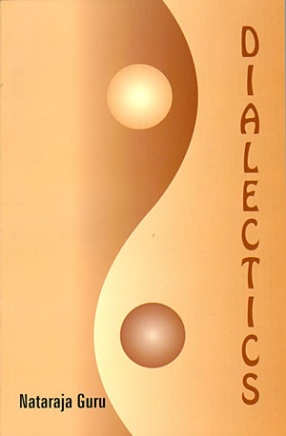
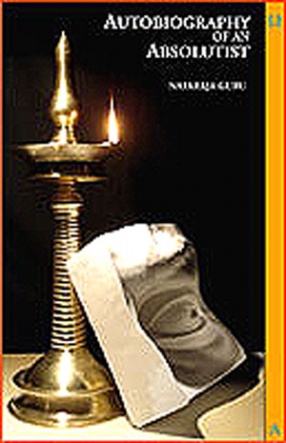
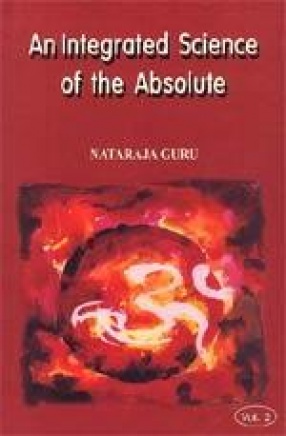
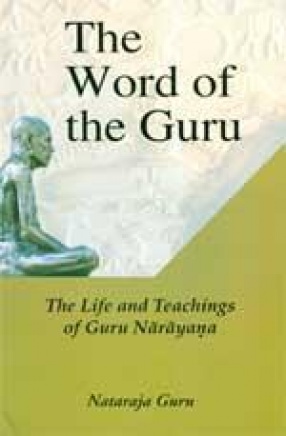
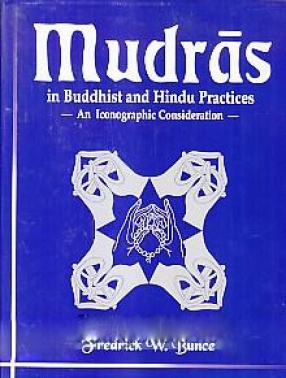

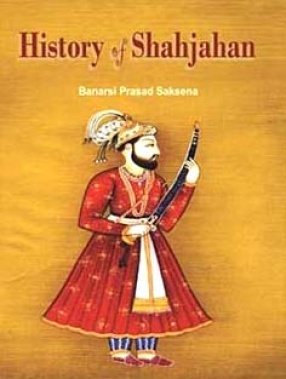
There are no reviews yet.